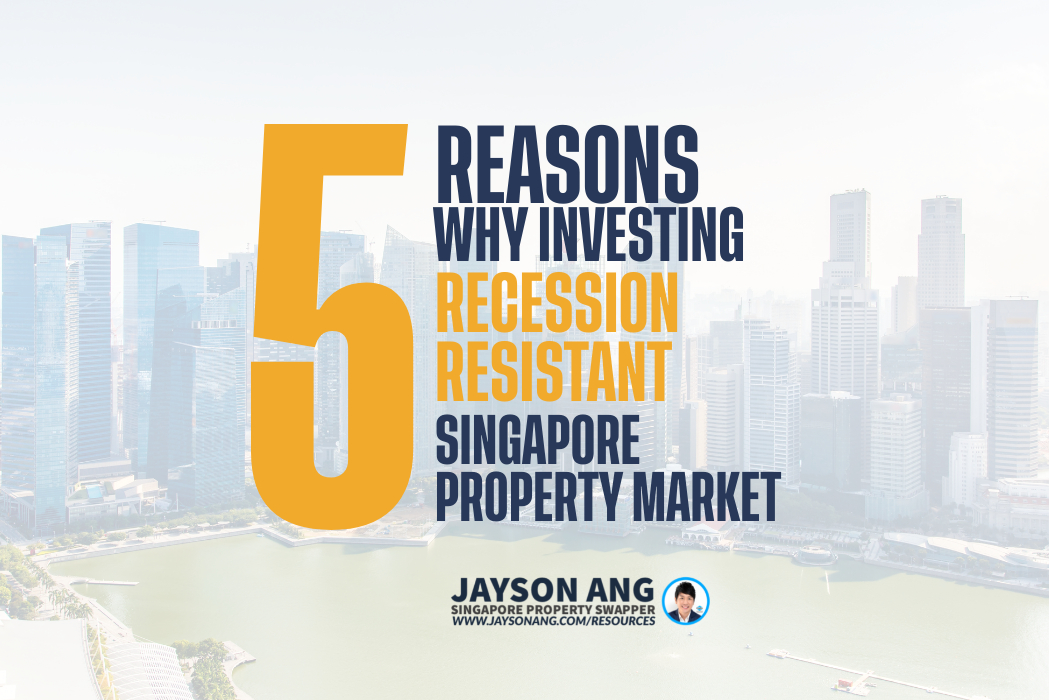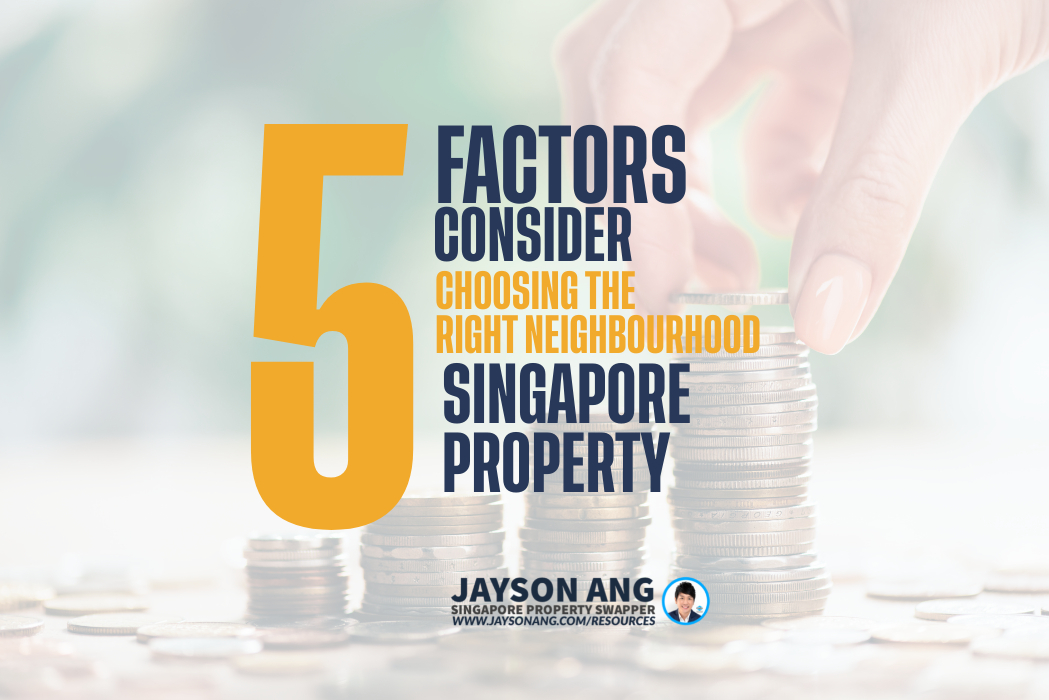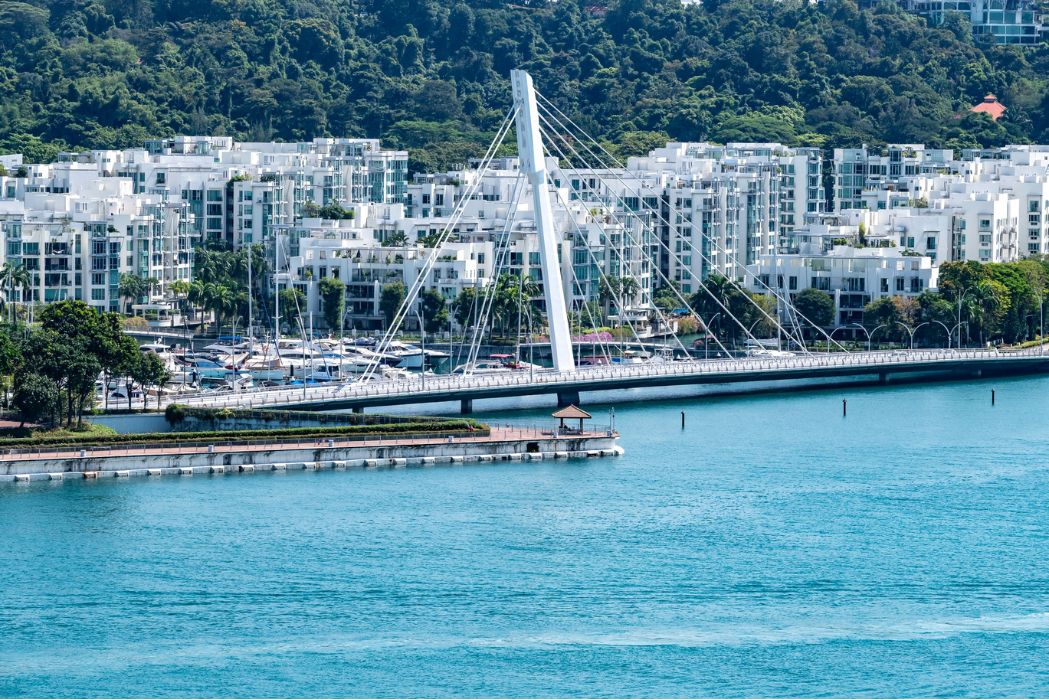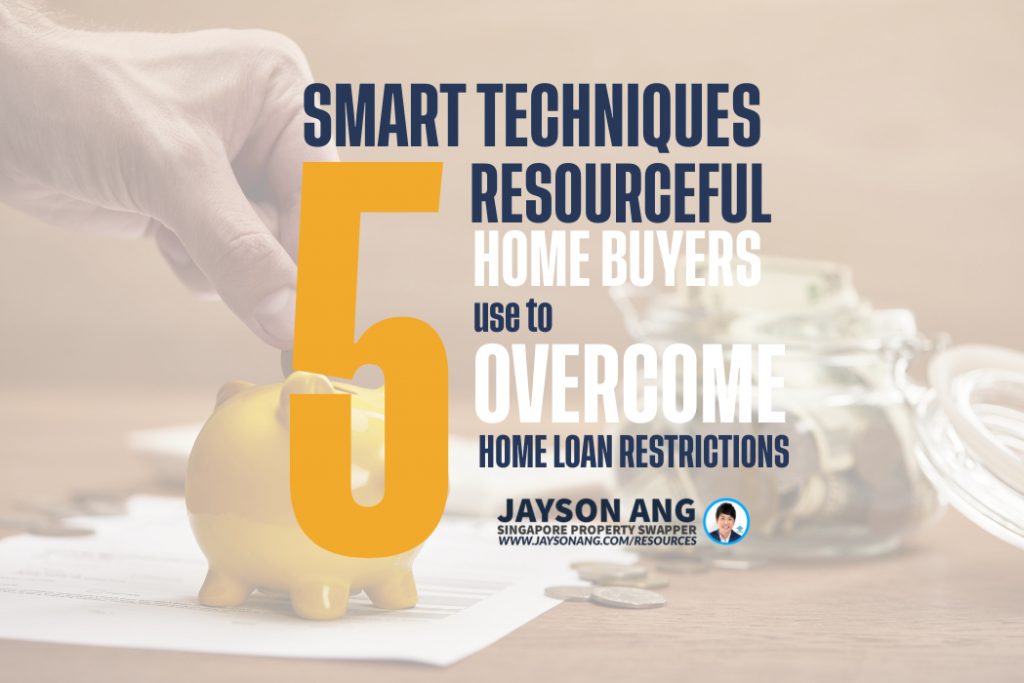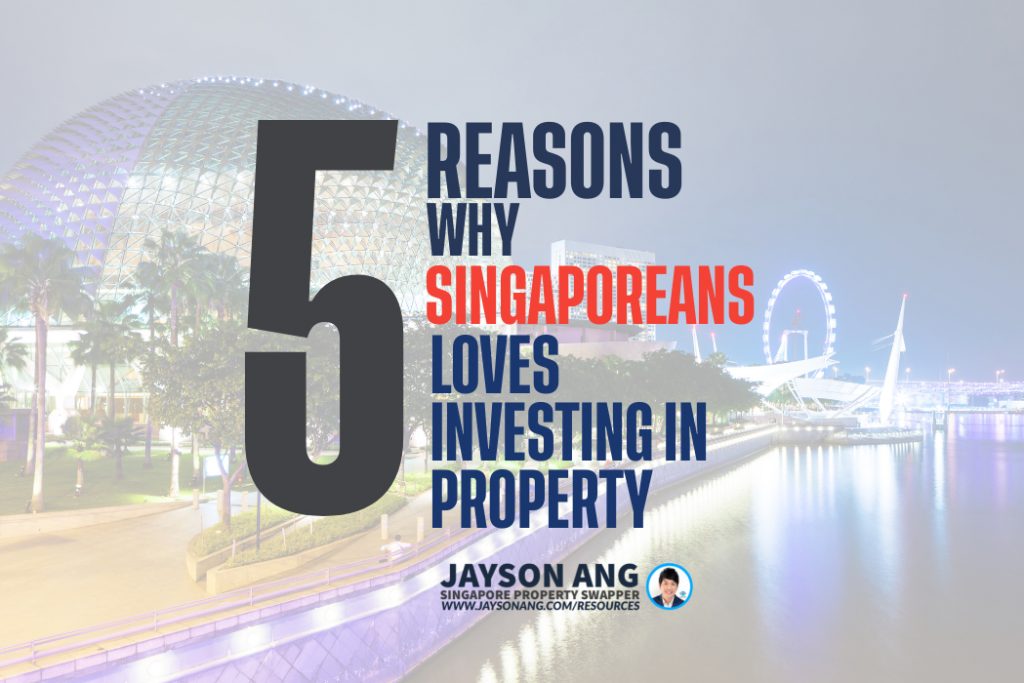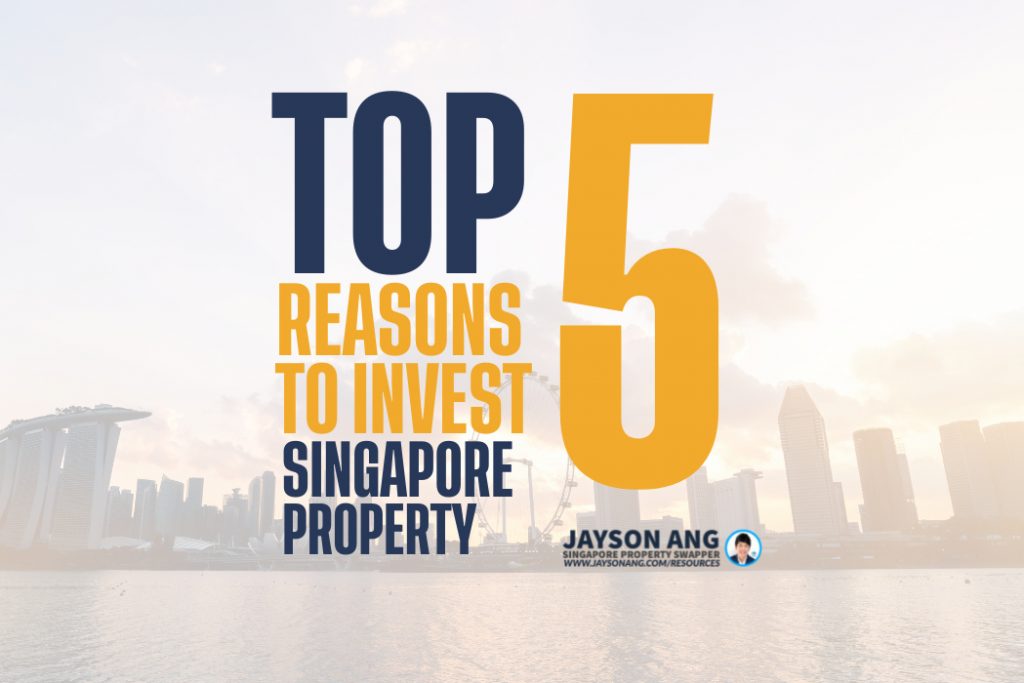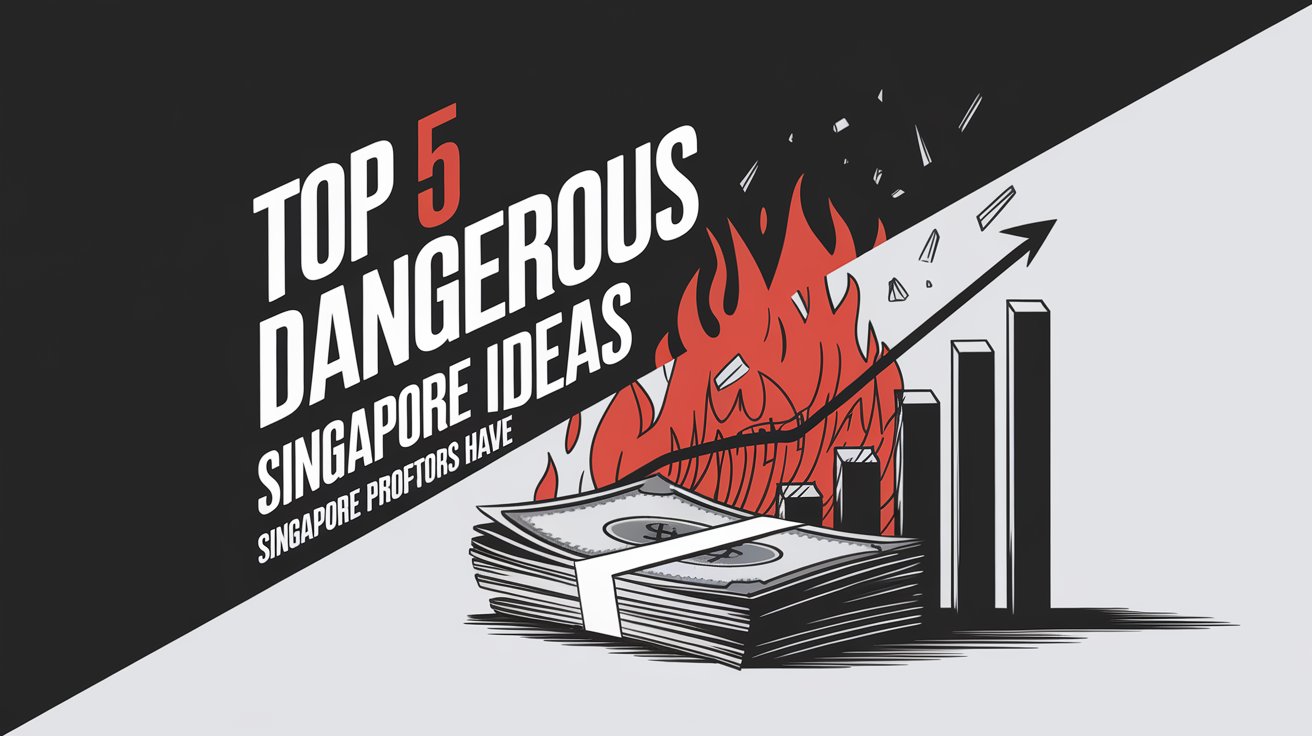Singapore’s property market has long been considered a safe haven for investors, even during times of economic uncertainty. The city-state’s unique combination of political stability, low crime rates, and a robust economy make it an attractive destination for both local and foreign investors.
We will explore the top five reasons why investing in Singapore’s property market is recession-resistant, providing a solid foundation for long-term growth and wealth creation.
1. Political Stability and Low Crime Rates:
One of the key factors contributing to the resilience of Singapore’s property market is its political stability and low crime rates. Investors are drawn to the nation’s strong governance, which ensures a stable environment for businesses and investments to thrive. This stability translates into a secure and predictable real estate market, making it an attractive option for investors during times of economic turbulence.
2. Strong Demand for Housing:
Singapore’s high home ownership rate of nearly 90% as of 2021 is a testament to the strong demand for housing in the city-state. With a growing population and limited land space, there is a constant need for new residential developments. This demand helps to support property prices, even during a recession, as people continue to seek quality housing options.
3. Attraction of Foreign Investment:
Singapore’s property market is known for attracting foreign investors, who see the nation as a safe and stable place to park their assets. In the first eight months of 2022, buyers from China accounted for about one-fifth of the 425 luxury condos sold in Singapore. As global economies face uncertainty, more foreign capital may flow into Singapore’s real estate market, further bolstering its resilience during a recession.
4. Limited Supply of New Developments:
Due to Covid-19 disruptions, net new housing in Singapore has fallen below the 10-year average. As of the third quarter, 78% of planned private residential units were under construction, down from 90% in the same quarter in 2021. This limited supply of new developments helps to maintain property prices, as demand continues to outpace supply.
5. Diversified Economy:
Singapore’s diversified economy, which includes strong export-oriented sectors such as manufacturing, trade, and finance, helps to cushion the impact of a recession on its property market. While the city-state may not be immune to global economic downturns, its diverse economic base provides a level of stability that supports the real estate sector during challenging times.
In conclusion, Singapore’s property market has proven to be recession-resistant due to a combination of factors, including political stability, strong demand for housing, foreign investment, limited supply of new developments, and a diversified economy. These factors make investing in Singapore’s property market an attractive option for those seeking long-term growth and wealth creation, even during times of economic uncertainty.
Should You Buy, Sell or Wait?
If you’re reading this, you must be trying to figure out the best course of action right now: is it the right time to buy or sell?
It’s difficult to give an exact answer since everyone’s situation is unique and what works for one person may not necessarily work for you.
I can bring you a wealth of on-the-ground experience and a data-driven approach to provide clarity and direction. From beginners to experienced investors, our top-down, objective approach will help you on your real estate journey.
I can help you by:
- Offering Strategic Real Estate Advice – I can help create a comprehensive plan to guide you through your property journey.
- Connecting Your Home with the Perfect Buyers – Through stunning visuals, an effective communication strategy, and an in-depth knowledge of the market, we’ll ensure your home is presented in the best possible way to fulfill your goals.
You May Also Like …

